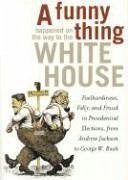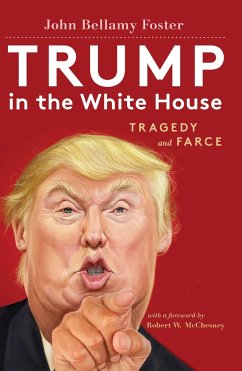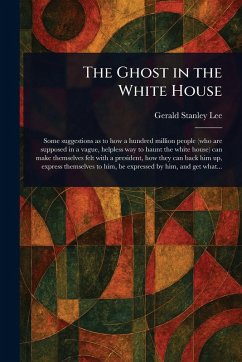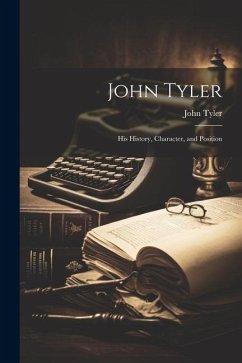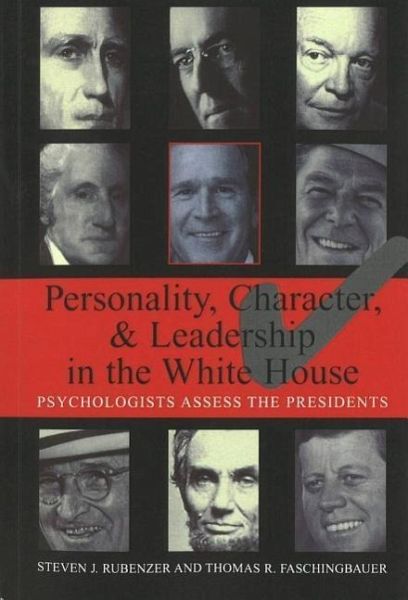
Personality, Character, and Leadership in the White House
Psychologists Assess the Presidents
Versandkostenfrei!
Versandfertig in über 4 Wochen

PAYBACK Punkte
11 °P sammeln!




Analyzing the American presidents from George Washington to George W. Bush
THOMAS FASHINGBAUER
Produktdetails
- Verlag: Potomac Books
- Seitenzahl: 432
- Erscheinungstermin: 1. August 2005
- Englisch
- Abmessung: 223mm x 146mm x 30mm
- Gewicht: 555g
- ISBN-13: 9781574888164
- ISBN-10: 1574888161
- Artikelnr.: 21265222
Herstellerkennzeichnung
Libri GmbH
Europaallee 1
36244 Bad Hersfeld
gpsr@libri.de
Für dieses Produkt wurde noch keine Bewertung abgegeben. Wir würden uns sehr freuen, wenn du die erste Bewertung schreibst!
Eine Bewertung schreiben
Eine Bewertung schreiben
Andere Kunden interessierten sich für



